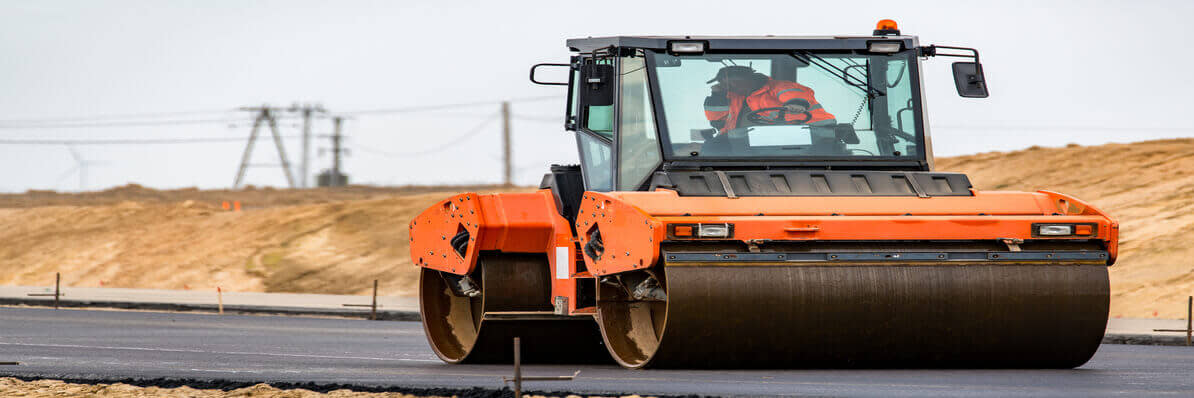Improving the road network
Road Improvements
With many roads flagged by drivers as places they want to avoid in leasevan.co.uk’s recent survey, we looked into how the Government is trying to develop the UK’s road systems, from lowering the tolls of the Severn Bridges to road improvements for city growth.
Many drivers will actively try to avoid certain roads across the UK, according to a survey by leasevan.co.uk. These drivers have highlighted the roads that they avoid due to congestion, tight turns and poor conditions.
The top ten roads that van drivers avoid include places like the Snake Pass in Derbyshire, the Hog’s Back (A31) in Surrey and the M60 near Manchester. Drivers also avoid any road currently becoming a smart motorway.
In an effort to improve the road system, the Government, Highways England and local authorities have invested in road improvements across England. Below we have highlighted the three biggest developments:
Severn Bridge tolls
From 8th January, the Severn Bridges on the M4 and M48 came back into public ownership through the Government owned body, Highways England. In doing so, they reduced the tolls, with the charge becoming exempt from VAT. The change will reduce the toll crossing costs to £11.20 from £13.40 for van operators, to £5.60 for cars and £16.70 for Large Goods Vehicles. Freight Transport Association (FTA) wants the tolls completely removed, explaining that VAT exemption won’t affect businesses who reclaimed VAT anyway, while the Road Haulage Associations (RHA) worry that it will put a strain on the current infrastructure.
Building the road network
The Government and the Highway Agency announced at the end of 2017 that they would invest £67 million across England into the road network to help improve jobs and homes.
Highways England is making a £16.6 million contribution towards the schemes from its Growth and Housing Fund alongside private sector developer contributions and other public funding, which make up the rest of the money. A designated £100 million fund was set up as part of the Government’s £15 billion investment in roads. The Designated Fund is part of Highways England’s award-winning “The Road to Growth” strategic economic growth plan.
Highways England’s Growth and Housing Fund has contributed £77 million to improve 21 infrastructures, offering over 38,000 new homes and more than 44,000 jobs around Swindon, Exeter, Weston Super Mare, Darlington, Scunthorpe, Grantham, Warrington, Honiton, Derby, Foxdenton (Oldham), Taunton, Durham, Daventry, Southampton, Leicestershire and Whiteley (Hampshire).
This development is spread across five schemes that will promote growth, jobs, infrastructure and homes: A404/A4155 Westhorpe Interchange improvements, Buckinghamshire; M58 Wigan Link Road (Greater Manchester); A46 RAF Newton (Nottingham); A590 Cross-a-moor (Cumbria); and Forder Valley Link Road (Plymouth).
Overall 2017 Road conditions
‘A’, ‘B’ and ‘C’ roads managed by local authorities have improved over the past five years, while unclassified roads have mostly remained stable. Reasons for the change vary from milder winters in recent years as well as improved road maintenance strategies, funding and the levels of road traffic or congestion.
Between 2016 and 2017, £4.5 billion was spent on road maintenance in England. £900 million of this was used on Highways England managed motorways and ‘A’ roads, and £3.8 billion on local authority managed roads. There were still places across England that fell under quota for road maintenance for ‘A’ roads and should have been considered.
Furthermore, just before Christmas, Transport Secretary Chris Grayling confirmed they were consulting on the current HGV levy, used to pay for wear and tear on the road network. The Government is considering implementing a “pay per mile” scheme that will capture international drivers who currently do not pay for the road’s upkeep. Criticism for the idea focussed on the bias against haulage, with the Road Haulage Association (RHA) expressing how unfair it was to target lorries, and how it needs to see more detail.
Overall, while the Government is putting forwards the budget to create new infrastructure and lower tolls taxes, road maintenance still lies with local authorities, who cannot commit their budget wholly to highway maintenance, and whose general revenue grant is calculated according to a formula that reflects local needs.
